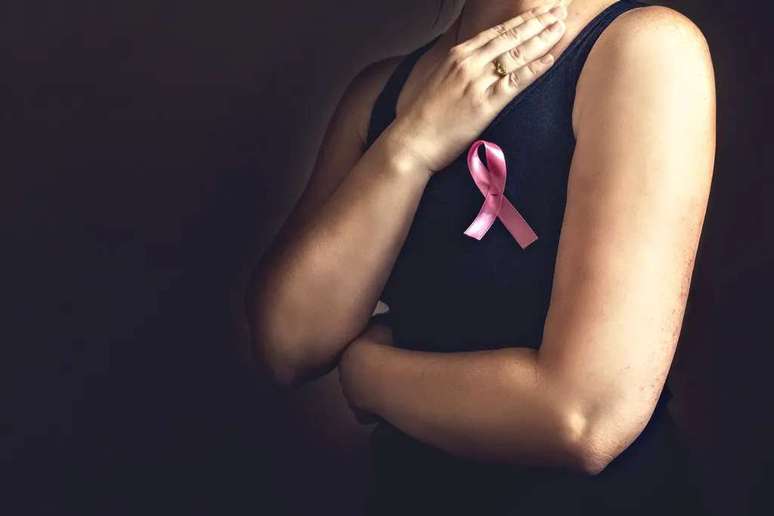Scientists reveal that new AI can diagnose breast cancer up to five years earlier. The curious thing is that they still don’t know how this happens.
For breast cancer screening, US scientists have trained a new artificial intelligence with thousands of mammograms. Now AI has surpassed standard models for measuring risk, being able to predict the appearance of breast cancer up to five years before the first signs, according to the authors of the study published in the journal Radiology.
- Drug reduces risk of breast cancer recurrence by 25%
- Ovarian cancer: Scientists develop treatment that shrinks the tumor
Initially, the AI algorithms were fed negative breast cancer mammograms from more than 13,600 women. At the start of the data collection in 2016, none had a confirmed cancer diagnosis. But the volunteers were followed up through 2021. In that span, 4,500 developed the cancer. From this material the new screening tool was developed.
Although they have found that AI can predict breast cancer diagnosis earlier than other available models, scientists still don’t know which characteristics are responsible for the increased risk in breast tissue. At this point, further studies are needed, which also pave the way for other preventive treatments.
How is breast cancer diagnosed today?
In Brazil, Breast cancer is the second most common type of cancer, according to the National Cancer Institute (Inca). Approximately 74,000 new cases are estimated each year. Despite the high incidence, risk measurement methods are calculated in an almost traditional way, in a significant part of clinics and hospitals.

Today, the most common way to measure breast cancer risk involves reporting patients themselves and personal data, such as age, family history of the disease, and breast characteristics. The sum of these factors forms a risk score, within the Breast Cancer Surveillance Consortium (BCSC) risk model.
“Clinical risk models depend on the collection of information from different sources, which are not always available or collected,” recalls Vignesh A. Arasu, radiologist and researcher at the Kaiser Permanente consortium, in a note. “Recent advances in artificial intelligence give us the ability to extract hundreds to thousands of additional data points,” she points out.
Artificial intelligence identifies future breast cancer cases
In the recent study, the researchers used five AI algorithms to predict breast cancer risk, three of which are already commercially available. In the results analysis phase, the risk scores were then compared to each other and to the standard BCSC model score.
(Un)surprisingly, all AI algorithms outperformed the BCSC model for predicting breast cancer risk over zero to five years. “This strong predictive performance over the five-year period suggests that AI is identifying both unscreened cancers and breast tissue characteristics that help predict future cancer development,” says Arasu.
“Something about mammograms allows us to track breast cancer risk. This is the ‘black box’ of AI,” adds the author on unknown biomarkers. Now, one of the team’s missions is to figure out which markers give such a clear signal, already captured by the instrument, that cancer will develop in the patient’s breast.
Thinking about the treatment, the interesting thing is that other groups of scientists are also proposing a more intensive use of AI. Recently, engineers have developed a method that uses artificial intelligence to predict the success of chemotherapy for breast cancersincreasing the chances of remission and cure.
Source: Radiology, RSNA extension AND inca
Trending on Canaltech:
- What is the sparkling water that accompanies coffee for?
- GM to Stop Production of Onix in June; see why
- Why do large car owners prefer not to pay IPVA? see reasons
- Robot imagines a scenario where artificial intelligence manipulates humans
- NASA Spotlight: Star-Eating Planet Astronomical Photo of the Day
- A-76A | World’s largest iceberg breaks into 6 pieces in ‘iceberg graveyard’
Source: Terra
Rose James is a Gossipify movie and series reviewer known for her in-depth analysis and unique perspective on the latest releases. With a background in film studies, she provides engaging and informative reviews, and keeps readers up to date with industry trends and emerging talents.






